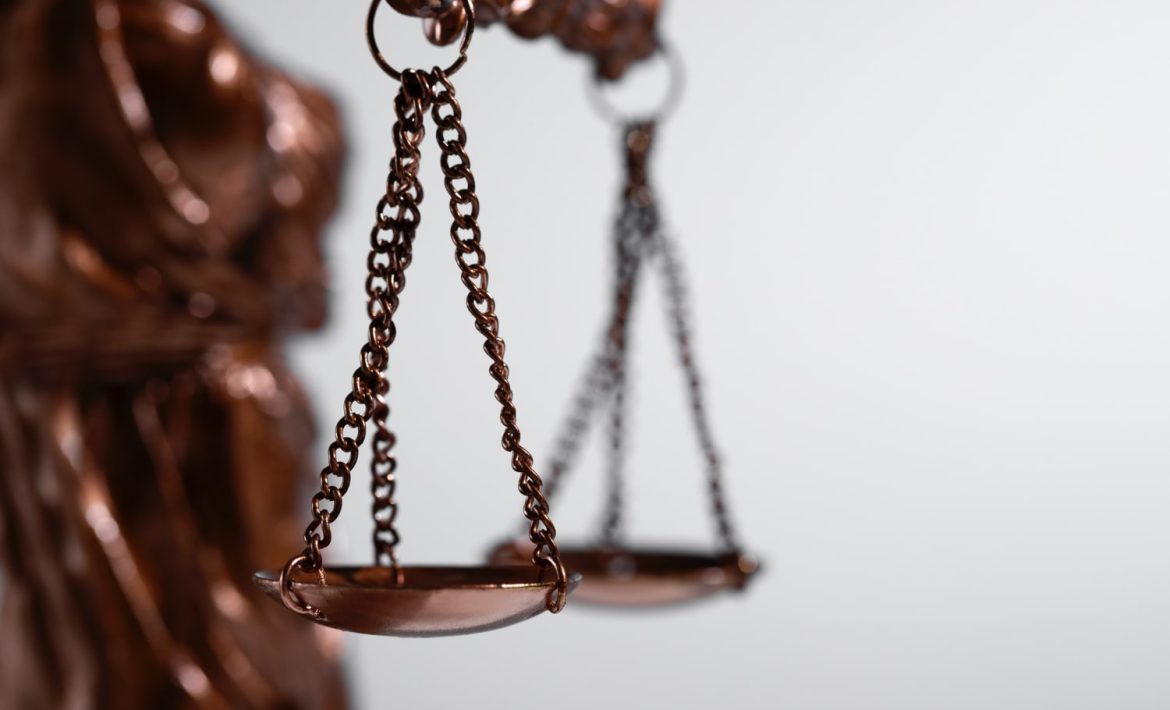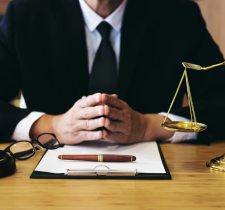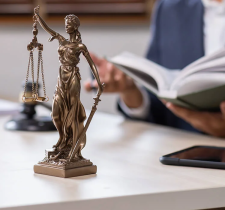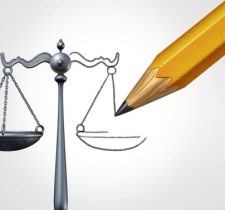The Interpol Notification is an important document published for the purpose of tracking and apprehending criminals internationally. Interpol is an organization that fights crimes worldwide and provides cooperation between member countries. This organization issues various notifications to solve international crimes and prevent criminals from escaping across borders. However, when an Interpol Notice is issued against a person, it can often lead to complex legal proceedings. A person facing an Interpol Notice may face false accusations and the process can be both psychologically and legally challenging.
When faced with an Interpol Notice, it is crucial to have the support of a professional lawyer to protect personal rights and manage the process correctly. A lawyer plays an important role in determining the legal implications of an Interpol Notice, determining whether the notice is true or false, and defending the client’s rights. In this article, we will discuss how important it is to have the support of a professional lawyer in the face of an Interpol Notice, the benefits of a lawyer and how the legal process proceeds.
What is an Interpol Notification?
An Interpol Notice is a notice issued by Interpol that enables the search for suspected criminals worldwide. It is used to prevent criminals from fleeing across borders to another country. An Interpol Notice is commonly known as a Red Notice and is used to arrest or detain criminals. However, an Interpol Notice made on false accusations against a person can jeopardize their legal rights.
Interpol not only provides information to national police agencies, but also plays an important role in tracking criminals and ensuring that justice is done. However, sometimes false reports can be made and a person can be searched internationally because of an erroneous report, even though he or she is innocent. Such situations can jeopardize people’s freedoms and rights. This is where the support of a professional lawyer is essential to ensure that the legal process is handled correctly.
Why Lawyer Assistance is Important in the Face of an Interpol Notice?
When faced with an Interpol Notice, you should seek the assistance of a professional lawyer. Many people may believe that Interpol notices are directly legally binding, but in fact an Interpol notice does not directly authorize the arrest of a person. An Interpol notification is a call for international cooperation and initiates the legal process needed to arrest a person. However, this requires the involvement of national legal systems.
At this point, the role of a lawyer is very important. A professional lawyer can help you with the Interpol Notification process for the following reasons:
- Legal Advice and Information:
Lawyers are familiar with the legal details of an Interpol notification and the consequences it can have. They will explain your legal rights, how you can defend the notification, and what legal recourse you should take. - Correcting False Notifications:
An Interpol Notification is sometimes made in error. A person may face false accusations against him or her. Your lawyer will apply for a correction of the false reports and develop a strategy to prove the client’s innocence. - Mastering International Legal Processes:
Interpol is an international organization and therefore the processes involved in notification are complex. Given that each country’s national legal system will differ, your lawyer will ensure that you take the right steps at every stage of the process. When faced with an international notification, your lawyer will make the necessary applications for the appropriate legal mechanisms to be put in place. - Protecting Your Right to a Fair Trial:
When faced with an Interpol Notice, your right to a fair trial can be jeopardized. An erroneous notification can have a major impact on a person’s rights. A lawyer makes the necessary representations to ensure that the proceedings are fair and that his or her client’s rights are not violated. In particular, in some cases, the accusation may be politically motivated and must be defended. - Preventing Human Rights Violations:
Some situations encountered with an Interpol Notification may expose individuals to human rights violations. Your lawyer can develop an effective defense strategy against human rights violations such as forced arrest, torture or arbitrary detention.
Methods of Defense against an Interpol Notice
When faced with an Interpol Notice, it is very important to prepare your defense with the help of a professional lawyer. The following methods can be considered when preparing your defense:
- Inaccuracy and Error-Based Defense:
An Interpol Notice may sometimes be published with incomplete or inaccurate information or false evidence. Such cases provide a strong argument for the defense. If the charges can be proven to be invalid, the Interpol Notice can be lifted. - Violation of the Right to a Fair Trial:
A person facing an Interpol Notice can check whether their right to a fair trial has been violated. If the person cannot get a fair trial on the charges, this is a legal defense. - Human Rights Violation Defense:
Human rights violations can be an important basis for a defense against an Interpol Notice. This can be defended if the person would lose their rights as a result of their arrest and subsequent ill-treatment. - Political Charge Defense:
If the Interpol Notice was issued for political reasons, it can be defended against. If a person is accused on political grounds, this can be defended under international law.
The Interpol Notification is an important tool in the fight against international crime. However, it is possible for individuals to be falsely accused or falsely charged when they are innocent. In such cases, seeking the assistance of a professional lawyer is a critical step in managing the process correctly and protecting the rights of the client. A person facing an Interpol Notice can avoid false accusations by defending their legal rights and managing the process with the right defense methods. The support of a professional lawyer will make a big difference, not only in the legal sense, but also in terms of protecting personal rights.










